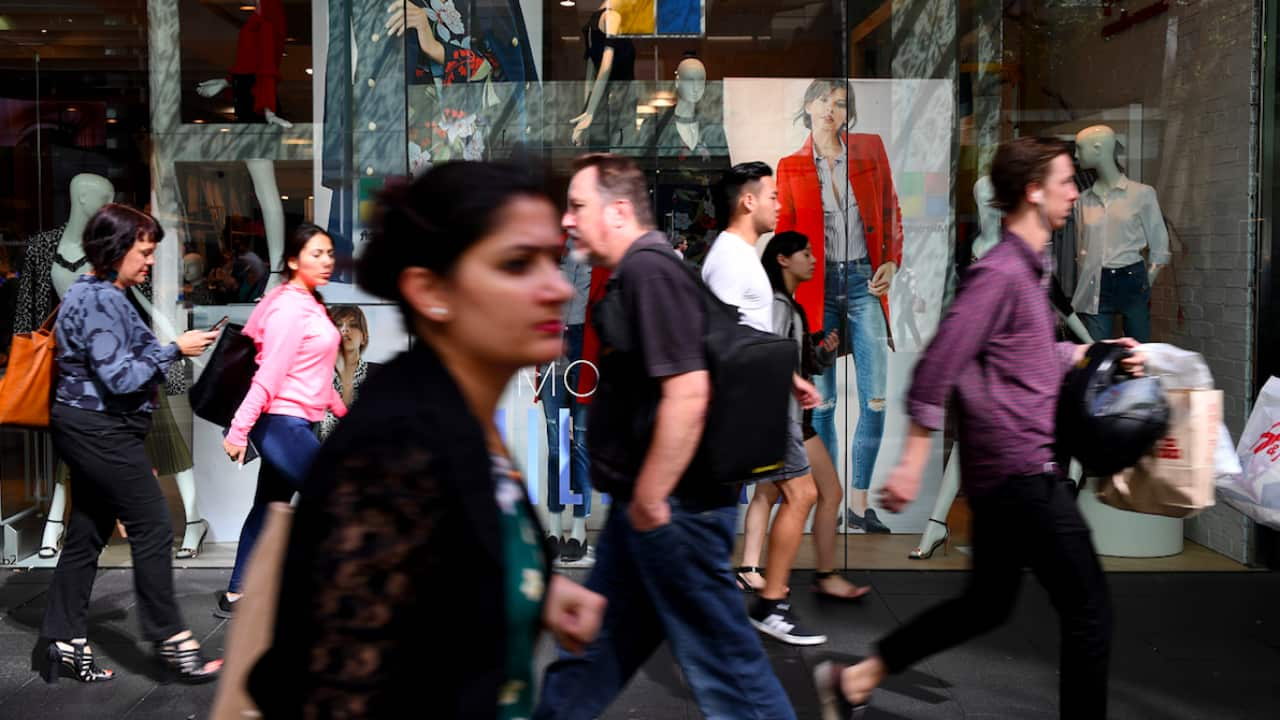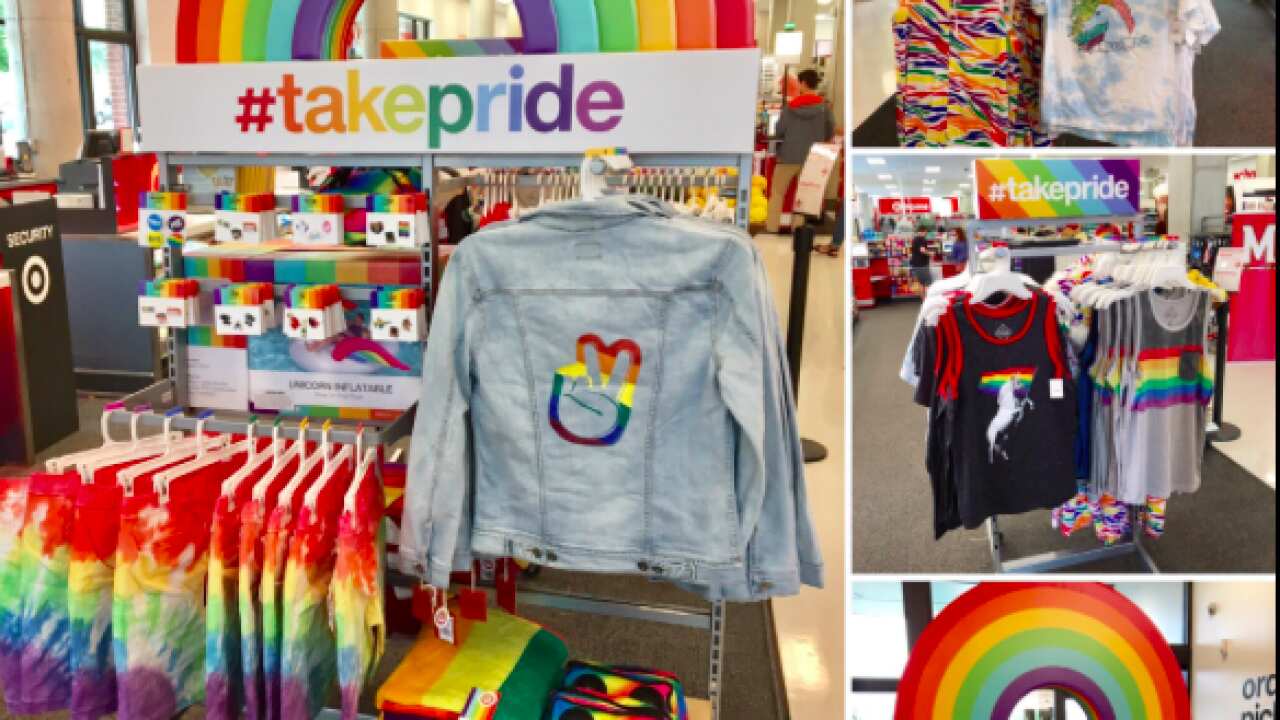When I let myself indulge in ‘nineties nostalgia, it’s not because of Twin Peaks or Seattle grunge but something altogether more wholesome: The Body Shop. As a teenage girl discovering the first inklings of my social conscience, the British beauty brand, founded in 1976 by the human rights activist Anita Roddick, seemed like a useful outlet for my pocket money — and not just because its Dewberry Perfume Oil made me feel a lot more sophisticated than I actually was.
Roddick campaigned against whaling, helped establish The Big Issue and rallied to free the Angola Three, a trio of prisoners who were wrongly incarcerated because they were affiliated with the Black Panthers. In 1996, The Body Shop collected four million signatures as part of campaign to ban animal testing. The UK government criminalised animal cruelty in the beauty industry two years later, as a result.
And who could forget Meat and Livestock Australia’s 2017 Australia Day lamb ad, which uses the Aussie barbecue as a metaphor for inclusion and Indigenous sovereignty?
Roddick, who died in 2007 and controversially sold The Body Shop to L’Oreal (a beauty giant whose ), couldn’t have predicted how declaring your would become advertising’s new frontier. In February this year, Airbnb launched #weaccept, a campaign thaaffected by Trump’s travel ban and in the same month, that it would make a $1 million dollar donation to the American Civil Liberties Union. During January’s Women’s March, Emily Weiss, the founder of Glossier — the cult New York beauty brand whose products regularly command 10,000-person waiting lists — Instagrammed a protest sign with the phrase “We’re In It Together” (alongside the brand’s famous millennial-pink “G”).
Then there’s the wave of brands co-opting the visual language of resistance to sell products — to dubious effect. Last month, Pepsi launched a widely ridiculed campaign that featured protest signs, police barricades and Kendall Jenner, who passes a police officer a can of Pepsi in a scene that . And who could forget Meat and Livestock Australia’s 2017 Australia Day lamb ad, which uses ? It also grossly overlooks the fact that turning galleons of colonisers into caricature isn’t really that funny. An understatement of the millennium is to say that it’s too soon.
Isn’t there something disingenuous about brands that espouse progressive values when they’re rooted in the very systems that they’re attempting to protest?
Of course, capitalism has always reflected the cultural moment (cue: “I’d like to buy the world a Coke”, , immortalised in the last-ever episode of Mad Men). But, aside from turning the hard work of activism into a choice for consumers, isn’t there something disingenuous about brands that espouse progressive values when they’re rooted in the very systems that they’re attempting to protest?
A March 2017 report in . found that hosts from ethnic backgrounds receive less rent than white hosts for similar London properties. And in 2013, to address a charge that it discriminated against 300 African-American job applicants. It’s no wonder that their recent attempt to invoke Black Lives Matter rings so false.
When companies exist to make money, maybe it’s naïve to demand that they don’t take the quickest path to profit or capitalise on our hopes.
But the thing that bothers me the most about this new wave of brand activism has nothing to do with conscious capitalism. It’s that brands are profiting from the fact that being conscious has become a form of capitalism itself. A found that 90 per cent of US shoppers spend money with brands that are aligned with a cause and a 2014 Nielson survey revealed that 42 per cent would pay extra for products and services committed to social change.
When companies exist to make money, maybe it’s naïve to demand that they don’t take the quickest path to profit or capitalise on our hopes – wishful or otherwise — that acts of consumption can help make the world fairer than it currently is. Yes, buying a bottle of Dewberry Perfume Oil exposed me to issues I’d never come across. But it also taught me that there are injustices too big to be countered with a purchase, no matter how good it makes you feels when you splash it on.




